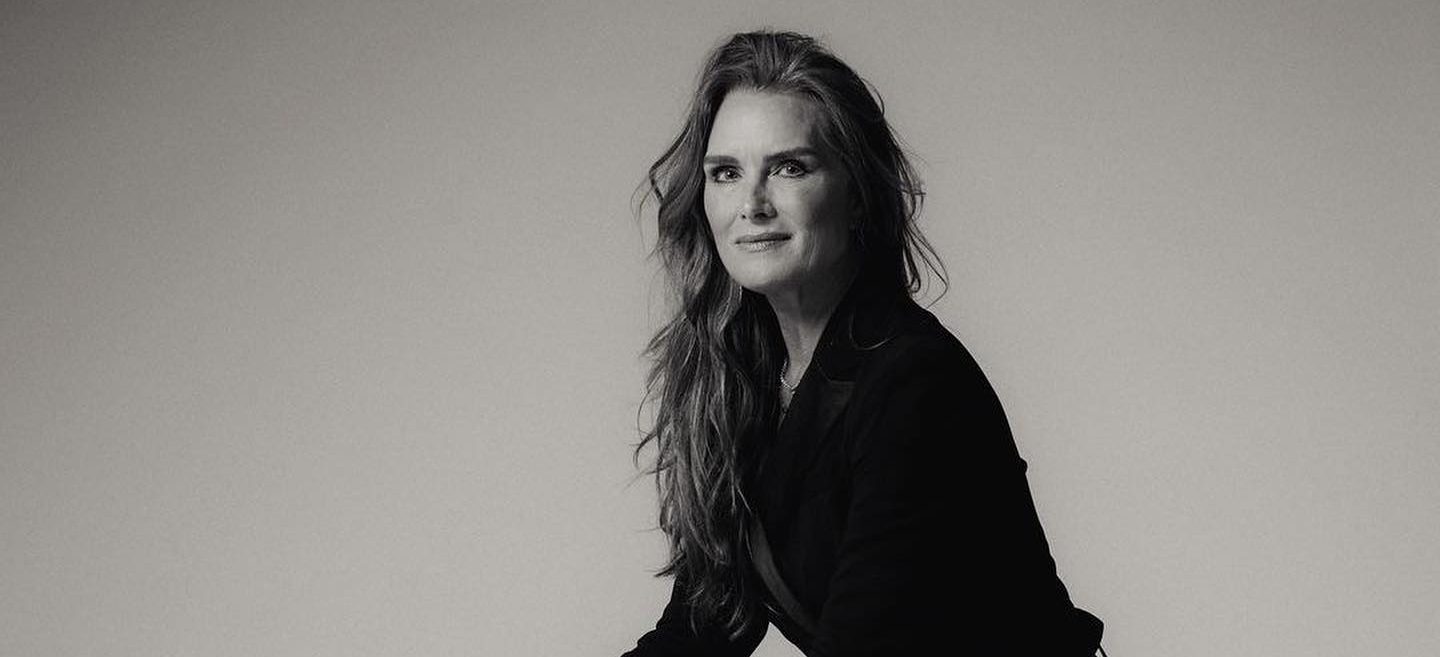We’re constantly encouraged to drink enough water and maintain our hydration levels. Yet, too much of a good thing can be dangerous, and no one understands that better than Brooke Shields, as the 58-year-old actress recently shared that she had suffered a “full-blown grand mal seizure” after drinking too much water.
Brooke Shields: Drinking Too Much Water Caused A Seizure
Speaking to Glamour, the Pretty Baby star shared that she had experienced a seizure after drinking too much water while preparing for her one-woman show at Carlyle Café in New York City.
“I was waiting for an Uber,” she recalled.
“I get down to the bottom of the steps, and I start evidently looking weird, and [the people I was with] were like, ‘Are you okay?’”
While she insisted she was fine, Shields recalls finding herself aimlessly wandering outside for no reason, before
Stepping foot inside a restaurant. Unfortunately, it was at this point that things took a turn, and ‘everything went black’,
“My hands drop to my side and I go head-first into the wall. I was frothing at the mouth, totally blue, trying to swallow my tongue.”
The next thing Shields remembers is being loaded into an ambulance, wearing oxygen, and “Bradley f****** Cooper sitting next to me, holding my hand.”
While her husband couldn’t be reached, Cooper happened to be near the restaurant and chose to go with her to the hospital.
According to the doctor who examined her, Shields’ seizure had occurred because she drank too much water too quickly. This then caused the sodium levels in her blood to dip,
“I flooded my system and I drowned myself, and if you don’t have enough sodium in your blood or urine or your body, you can have a seizure.”
She shares that since the incident, her doctor has advised her to “eat potato chips every day.”
What is overhydration?
Water toxicity, also known as overhydration, occurs when people drink too much water, usually in a short amount of time. Whilst rare, it typically happens during exercise or sporting events.
Over-hydration can overload the kidneys, making it difficult for them to effectively filter water out of the bloodstream. As a result, electrolytes like sodium, potassium, magnesium, chloride, and calcium become diluted, which then causes a range of symptoms like those experienced by Shields.
Aside from seizures, symptoms of overhydration also include headaches, nausea, vomiting, drowsiness, muscle cramps or fatigue, double vision, high blood pressure, confusion, or difficulty breathing.
“What people should know is that they shouldn’t drink an excessive amount of water—more than eight glasses of water in less than an hour,” explains Dr. Hilary Fairbrother, an emergency medicine physician with UTHealth Houston in Texas, to Fortune.
“That is a lot of water. That is someone who is chugging water. Our bodies are just not designed for that volume of water to be ingested that quickly.”
With Shields’ seizure, excess water dilutes the sodium in the blood, and low levels of sodium cause cells to swell, which then leads to increased pressure on the skull, possibly causing a seizure.
How much water should I drink?
If you’re concerned about your water intake, the Mayo Clinic recommends about 15.5 cups (3.7 liters) of fluids a day for men and around 11.5 cups (2.7 liters) of fluids a day for women. This intake isn’t just limited to water, as it can also include herbal teas, juice, coffee, and other hydrating foods like watermelons and tomatoes.
Look out for seizures
Besides being conscious of your water intake, it’s also important to be aware of seizure symptoms. While conclusions are a common sign of a seizure, there are other signs that include:
- Staring
- Temporary confusion
- Uncontrollable jerking movements of the arms and legs
- Stiffening of the body
- Loss of consciousness or awareness
- Breathing problems
- Loss of bowel or bladder control
- Falling suddenly for no clear reason, especially when associated with loss of consciousness
How can I help someone having a seizure?
If, like Bradley Cooper, you happen to come across someone having a seizure, the first step is to stay calm and remain with them. It’s best to try to hold them down or put anything in their mouth, but rather to cushion their head if they’re on the ground and loosen any tight clothing around their neck to aid breathing.
Then, once their convulsions stop, turn them onto their side and try to talk with them until they feel fully recovered.
According to the NHS, it would be advisable to call emergency services if:
- It’s the first time someone has had a seizure
- the seizure lasts longer than is usual for them
- the seizure lasts more than 5 minutes, if you do not know how long their seizures usually last
- the person does not regain full consciousness or has several seizures without regaining consciousness
- the person is seriously injured during the seizure
References
- https://www.nhs.uk/conditions/what-to-do-if-someone-has-a-seizure-fit/
- https://www.glamour.com/story/brooke-shields-recently-experienced-a-full-blown-seizure-and-bradley-cooper-came-running
- https://www.mayoclinic.org/diseases-conditions/seizure/symptoms-causes/syc-20365711
- https://www.mayoclinic.org/healthy-lifestyle/nutrition-and-healthy-eating/in-depth/water/art-20044256





![women [longevity live]](https://longevitylive.com/wp-content/uploads/2020/01/photo-of-women-walking-down-the-street-1116984-100x100.jpg)









